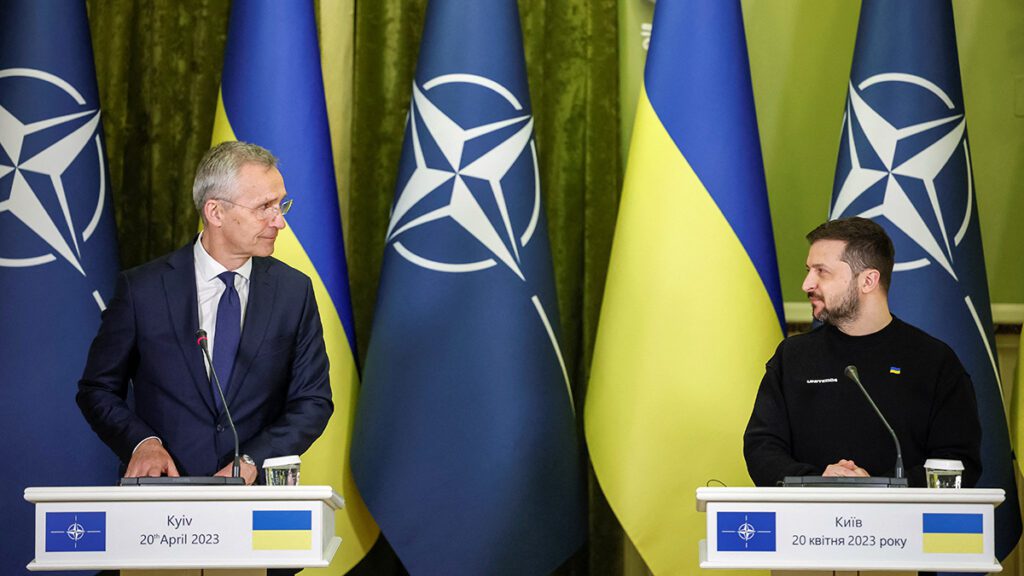NATO has been instrumental in maintaining peace and security in the Euro-Atlantic region since its establishment in 1949. However, the changing security landscape of the 21st century presents new challenges for the alliance. Non-state actors, such as terrorist groups and cyber criminals, pose a significant threat that is difficult to address with traditional military responses. Russian aggression in Eastern Europe and the emergence of cyber warfare further add to NATO’s strategic challenges. To combat these multidimensional threats, NATO must enhance its cyber defense capabilities and strengthen partnerships with international organizations. Despite these challenges, NATO remains a vital platform for transatlantic security cooperation, emphasizing the importance of collective defense and deterrence in maintaining stability in the region.
NATO’s Strategic Challenges: Addressing Security Threats in the 21st Century
The Changing Security Landscape
Since its founding in 1949, the North Atlantic Treaty Organization (NATO) has played a crucial role in maintaining peace and security in the Euro-Atlantic region. However, the security landscape has evolved significantly in the 21st century, presenting new challenges for the alliance.
Rise of Non-State Actors
One of the key challenges facing NATO is the rise of non-state actors, such as terrorist groups and cyber criminals, who pose a significant threat to the security of member states. These actors operate with agility and can evade traditional military responses, making it difficult for NATO to address these threats effectively.
Russian Aggression
Another major challenge for NATO is the resurgence of Russian aggression in Eastern Europe. Russia’s annexation of Crimea in 2014 and its ongoing military intervention in Ukraine have raised concerns about the security of NATO’s eastern flank. The alliance must deter further Russian aggression while also maintaining dialogue and cooperation with Moscow to prevent escalation.
Cyber Warfare
Cyber warfare has emerged as a new battleground in the 21st century, with state and non-state actors using sophisticated techniques to disrupt critical infrastructure and steal sensitive information. NATO must enhance its cyber defense capabilities to protect its member states from cyber attacks and ensure the resilience of its networks.
Multidimensional Threats
Security threats in the 21st century are increasingly multidimensional, with complex challenges such as hybrid warfare, climate change, and pandemics requiring a coordinated response. NATO must adapt to this evolving security environment by strengthening its partnerships with other international organizations and non-governmental actors.
The Role of NATO
Despite these challenges, NATO remains a vital platform for transatlantic security cooperation, providing a forum for member states to consult and cooperate on common security challenges. The alliance’s commitment to collective defense and deterrence has helped to prevent conflict and maintain stability in the Euro-Atlantic region.
Conclusion
In conclusion, NATO faces diverse and complex security challenges in the 21st century, ranging from non-state actors to cyber warfare to Russian aggression. As the alliance continues to adapt to this evolving security environment, it must remain vigilant and proactive in addressing these threats to ensure the peace and security of its member states.
